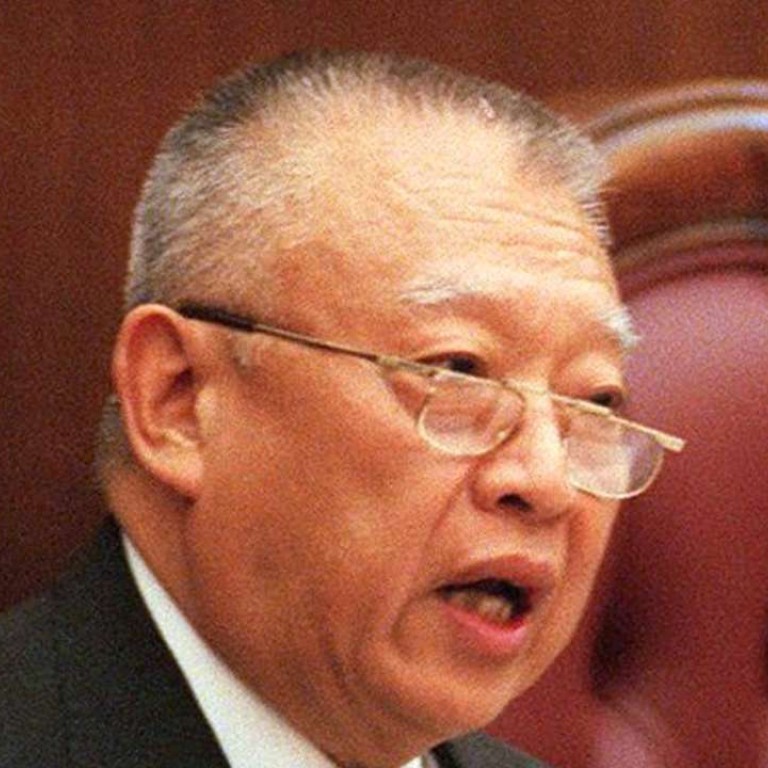
Hong Kong appears to prescribe to a selective multiculturalism
We are PhD students at the Department of Social Work at the University of Hong Kong, and wish to comment on what we see as selective multiculturalism in “Asia’s world city”.
In Hong Kong, multiculturalism appears to be an asset when linked to its high socioeconomic status minorities, while it is often viewed as problematic with particular groups of ethnic minorities. Previous articles in the Post have highlighted the gap between different groups of ethnic minorities in Hong Kong.
Successful integration for non-white ethnic minorities in Hong Kong emphasises the need to strengthen Cantonese-language acquisition in order to become competitive in the market compared with other local students/talent.
Yet, ethnic minority children of highly skilled expatriates are often not met with the same stipulations.
There is an unspoken understanding for the latter, that their success in Hong Kong is not contingent upon strengthening their Cantonese skills, albeit many expatriate parents are increasingly keen to enrol their children in Putonghua/Cantonese classes to give them an edge.
Hong Kong appears to prescribe to a selective multiculturalism, which it can tap into when promoting itself as Asia’s “world” city, while falling short of enacting domestic policies in order to streamline and institutionalise multicultural policies within critical cadres of civic life, such as in its public educational institutions.
Many of its denizens appear to be “living together separately”, which can hinder the potential for cross-cultural interaction and understanding on a wider scale.
Ethnic minorities of all creeds within the city can become an asset if social policies, inclusive of education and social integration, are implemented to tap into the potential of ethnic minority youth.
Providing resources in this area will not only allow ethnic minorities to thrive, but can also encourage mainstream society to actualise the vision of Hong Kong as a pluralistic city.
With a declining population, low fertility rates, and aspirations of cosmopolitanism, Hong Kong can gain a great deal by investing in all of its ethnic minorities.
After all, it was Tung Chee-hwa, Hong Kong’s first chief executive, who said in his 1999 policy address: “Hong Kong should not only be a major Chinese city, but could become the most cosmopolitan city in Asia, enjoying a status comparable to that of New York in North America and London in Europe”.
The potential is there, but the vision appears yet to be actualised.
Narine Kerelian and Gizem Arat, Pok Fu Lam

